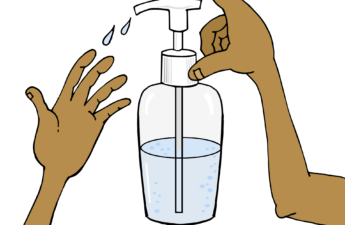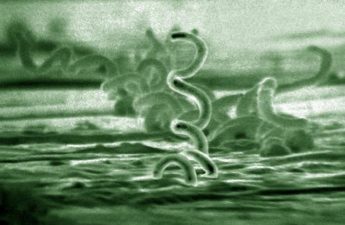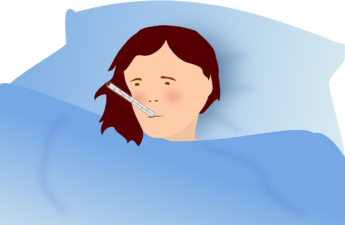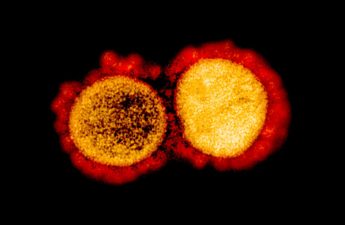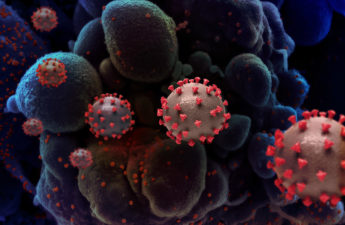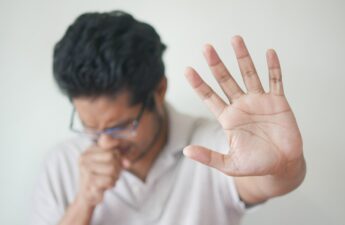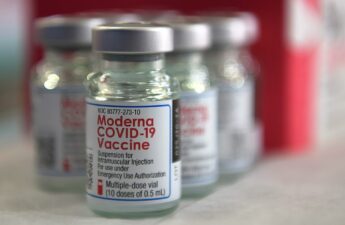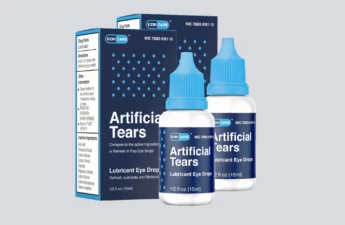Category: Infectious Disease
One easy way to fight antibiotic resistance? Good hand hygiene
Hygiene and antibiotic use interact. Antibiotic use had less of an effect on the evolution of antibacterial resistance as hygiene levels increased. This is because evolution toward resistance depends on variation in bacterial sensitivity to antibiotics. By affecting the distribution of resistant and sensitive bacterial strains across patients, hygiene limits the bacterial diversity needed to evolve resistance.
The fungus zombies in ‘The Last of Us’ are fictional, but real fungi can infect people, and they’re becoming more resistant
Many of the people watching The Last of Us are likely there for the zombies. I love the zombies too, but I’m really there for the fungus.
Science Falls Behind as Syphilis Stages Another Comeback
Despite being one of the oldest known sexually transmitted infections, with possible origins in the 14th century — as well as intense public health initiatives over the past many decades — syphilis receives little attention from researchers.
Act fast if you feel you have COVID symptoms, Medicare urges
Feeling sick? If you have any COVID-19 symptoms, act fast!COVID-19 antiviral treatments can help reduce your symptoms and keep you out of the hospital, but you must take them as soon as possible.
We can learn a lot about long COVID from years of diagnosing and treating chronic fatigue syndrome
While some long COVID symptoms are unique (microclots, lung scar tissue, or organ damage due to acute infection), most resemble the clinically very similar disorder myalgic encephalomyelitis, more commonly known as chronic fatigue syndrome.
Three in five long COVID patients have organ damage a year after infection
From this first set of scans, we found 331 participants (62%) had organ damage. Impairment of the liver, pancreas, heart and kidneys were most common (affecting 29%, 20%, 19% and 15% of participants respectively). These 331 participants were followed up six months later with a further MRI scan.
We found that three in five of the original study participants (59%) had impairment in at least one organ a year after infection, while just over one in four (27%) had impairment in two or more organs. So, for the vast majority of participants who had organ damage at six months, it was sustained until at least 12 months.
While in some cases participants with organ damage were no longer experiencing symptoms, organ impairment was associated with a higher likelihood of persistent symptoms and reduced function at 12 months.
We got some key things wrong about long COVID. Here are 5 things we’ve learnt
It can take months to recover lung function – and some people never do. COVID can increase the risk .of or worsen chronic diseases. Long COVID isn’t a single disorder. COVID shouldn’t be dismissed as a psychological problem
Black and Hispanic Americans found to experience more long Covid symptoms
Black and Hispanic Americans appear to experience more symptoms and health problems related to long COVI , a lay term that captures an array of symptoms and health problems, than white people, but are not as likely to be diagnosed with the condition, according to new research funded by the National Institutes of Health.
A nagging cough can hang on for weeks or months following a respiratory illness – and there is precious little you can do about it
Relentless coughing after a viral infection can be frustrating and worrisome, but in most cases, coughs resolve over time.
Faeces, urine and sweat – just how gross are hot tubs? A microbiologist explains
while you’re relaxing in the warm water, you’ll likely breathe in or swallow your Jacuzzi partner’s body’s bacteria, viruses and fungi.
Genetics might explain why some people have never had COVID
. . . but we shouldn’t be too focused on finding out
King County and the City of Seattle will no longer require proof of vaccination against COVID-19 as a condition of employment.
With King County’s high level of vaccination booster uptake and lower levels of community spread, hospitalizations due to COVID infection remained at a safe level, making the overall risk forecast low enough to lift the mandate for employees, volunteers, and contractors.
Yes, masks reduce the risk of spreading COVID, despite a review saying they don’t
An updated Cochrane Review published last week is the latest to suggest face masks don’t work in the community.
However there are problems with the review’s methodology and its underpinning assumptions about transmission. Well-designed real-world studies during the pandemic showed any mask reduces the risk of COVID transmission by 50–80%, with the highest protection offered by N95 respirators.
Artificial tears product linked serious eye infections, health officials warn
DOH, CDC encourage residents to stop using EzriCare Artificial Tears
We tested the wastewater from planes to detect COVID among travellers – here’s what we found
It’s important for all countries to monitor what potential new diseases, and new variants of established diseases, are entering their borders.
